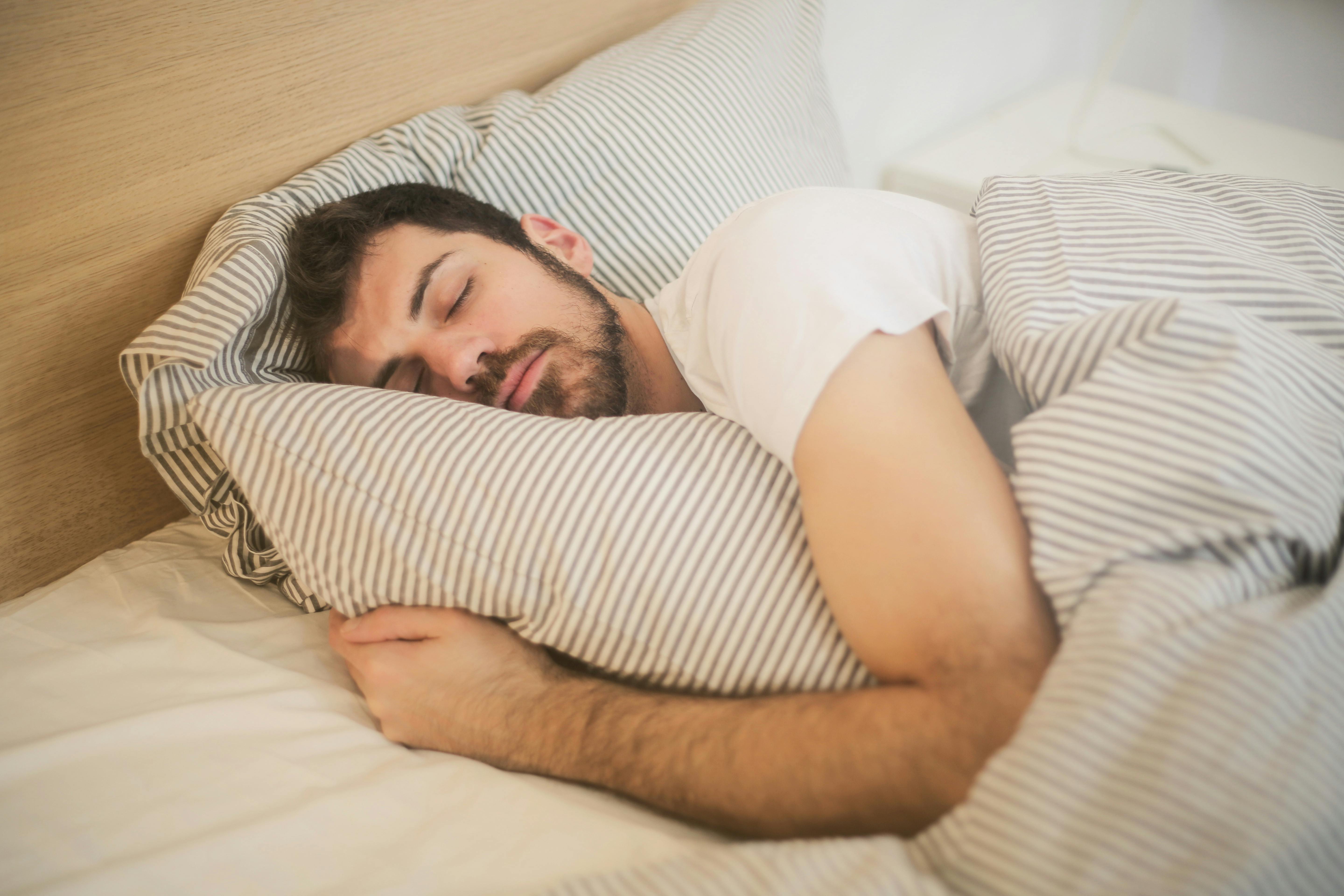



Sleep is more than just rest. It is when your body does essential maintenance: Repairing tissue, calming the nervous system, and resetting energy levels. But how you sleep, particularly your posture during sleep, can have a big impact on how your muscles, joints and spine feel day to day.
Let’s break it down simply and offer some practical steps to help you sleep in ways that support your musculoskeletal (MSK) health.
Your body spends around a third of its life in bed. That is a long time to be in one position. If your sleeping posture places your spine, neck or joints in awkward angles, it can contribute to:
While sleep is meant to be healing, poor posture can lead to your body doing extra work to stay comfortable, which might disturb your rest without you even realising it.
There’s no perfect sleeping posture that works for everyone, but some are better aligned with how your spine naturally curves and how your joints prefer to rest.
Here are the main options:
Remember, comfort is personal. These are starting points, not rigid rules.
Think of your mattress as the foundation for your posture during sleep. If it's too soft, you might sink in too far and lose spinal support. If it’s too firm, it could create pressure points that cause discomfort.
Here are some quick tips:
Small habits can make a big difference:
If you often wake up sore or stiff, or notice new pain patterns overnight, your sleeping posture could be part of the picture. But it is rarely the whole story. Pain is influenced by many things including stress, movement habits and general health.
The good news is that small tweaks can lead to big improvements. Try one change at a time. Focus on comfort and support. And if pain persists, a physiotherapist or MSK-informed health professional can help tailor advice to your needs.
Your body wants to rest well. Let’s help it get there.